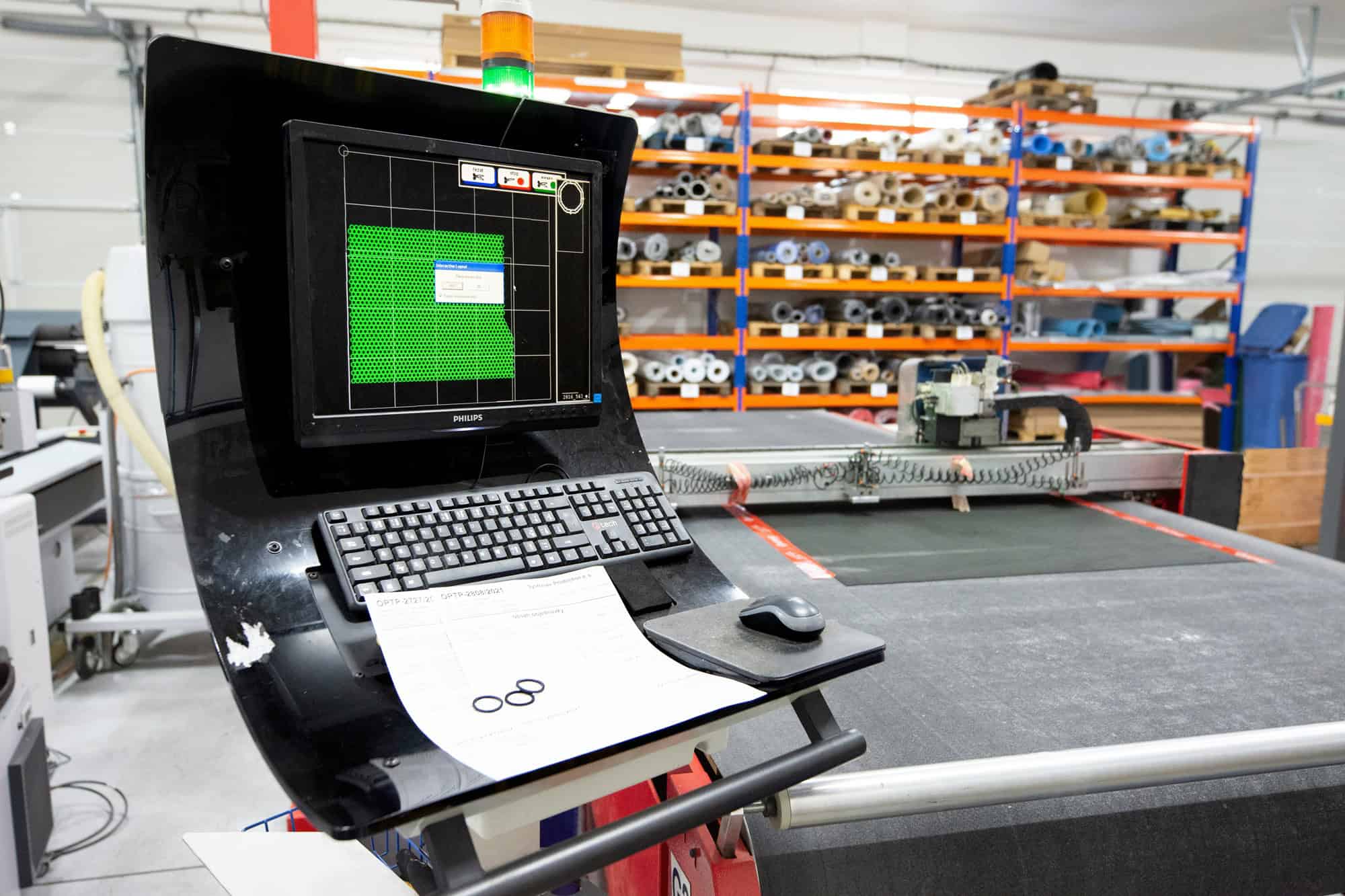In an era defined by uncertainty, the ability to withstand disruption is no longer a “nice-to-have” for businesses. From cyber attacks and supply chain challenges to extreme weather events and shifting regulations, organisations across East and West Sussex are facing an increasingly complex risk landscape. The businesses that thrive are those that plan not just for growth, but also for resilience.
Business continuity in 2025 is about ensuring that your organisation can maintain operations, safeguard customer trust, and recover quickly when unforeseen challenges arise.
For companies across sectors in Sussex – from professional services in Chichester, to manufacturers in Crawley, to retailers in Horsham – having a robust strategy is vital.
Why Business Continuity Matters More Than Ever
Several forces are converging to make business continuity a boardroom priority:
- Cyber threats are intensifying. Phishing, ransomware and insider breaches are increasing in both frequency and sophistication, particularly targeting SMEs that may lack advanced defences.
- Regulatory pressures are rising. With the UK’s cyber resilience frameworks tightening, compliance failures could mean fines as well as reputational damage.
- Climate unpredictability is growing. Flooding in the South East, heatwaves, and other extreme weather events threaten infrastructure, supply chains, and employee wellbeing.
- Customer expectations are unforgiving. A single prolonged service outage or data breach can quickly erode hard-won trust.
For Sussex businesses competing locally and nationally, continuity is not just about survival – it’s about protecting growth, reputation, and market share.
The Core Pillars of a Continuity Strategy
A future-ready business continuity plan should integrate both technology solutions and organisational processes. Key pillars include:
- Risk Assessment
Understanding the risks specific to your business is the first step. For a manufacturer in Worthing, supply chain disruption might be the greatest threat. For a financial services firm in Crawley, cyber risk and data protection may take precedence. Tailor your risk model to your sector and geography.
- IT Resilience
Technology underpins almost every business process. Measures such as:
- Cloud backup and disaster recovery to minimise downtime.
- Always-on monitoring to detect threats before they escalate.
- Redundancy in systems and networks to ensure availability.
These safeguards are crucial in maintaining productivity and compliance.
- Cyber Security
In 2025, cyber resilience is inseparable from business continuity. Firms should adopt a layered defence model including multi-factor authentication, endpoint protection, and managed detection and response (MDR). Employee training in spotting phishing attempts can often be the difference between resilience and compromise.
- People and Processes
Business continuity is as much about people as it is about technology. Clear communication protocols, remote working capability, and succession planning for key roles are all vital. In Sussex, where many businesses operate with lean teams, resilience depends on cross-training staff and documenting critical workflows.
- Testing and Review
Plans that sit on a shelf are worthless. Regular testing – whether tabletop exercises or full disaster recovery simulations – helps identify weaknesses. An annual review ensures continuity strategies evolve with business needs and external threats.
Practical Steps for Sussex Businesses
- Audit your IT systems: Identify single points of failure and determine whether existing backup and recovery processes are adequate.
- Engage with local suppliers and partners: Resilience often depends on your supply chain. Assess their continuity measures to avoid unexpected exposure.
- Leverage cloud platforms: Microsoft Azure, AWS, and other cloud-based tools not only improve productivity but also reduce reliance on physical infrastructure vulnerable to disruption.
- Invest in cyber security services: Outsourced expertise ensures SMEs gain enterprise-grade protection without the overhead of large in-house teams.
- Document a crisis communications plan: Who speaks to customers, suppliers, and staff in the event of disruption? Clarity here prevents panic and protects your brand.
- Train employees: Simulated cyber attacks, continuity workshops, and role-specific training ensure every team member understands their responsibilities during a disruption.
Business Continuity As A Competitive Advantage
Forward-looking Sussex organisations now view business continuity as more than just a protective measure. Instead of treating it as a safety net, they are embedding resilience into their operations and using it as a point of differentiation.
When a company can demonstrate that it is prepared for disruption, it sends a powerful message to customers, partners, and regulators alike: reliability is part of its brand. For professional services firms, the ability to guarantee secure, always-available data not only strengthens compliance but also reassures clients that their information is safe.
Manufacturers, too, can position themselves as dependable suppliers by showing they can deliver on deadlines even during periods of disruption. Retailers and e-commerce companies benefit in the same way, building customer loyalty through consistent service and minimised downtime.
By reframing continuity planning as a proactive strength rather than a reactive safeguard, businesses transform resilience into a genuine competitive advantage. It becomes a tool for winning contracts, retaining customers, and building long-term trust – ultimately supporting growth as well as protection.
Final Thoughts
Business continuity demands more than just backup servers and insurance policies: it requires a proactive, holistic approach – blending robust IT systems, strong cyber security, resilient processes, and engaged people.
The unexpected will happen. The question is whether your organisation will stumble or stand strong. By acting now, Sussex firms can not only prepare for disruption but also build resilience as a foundation for long-term growth.
Looking to develop your business continuity plans and technologies?
Contact Us



